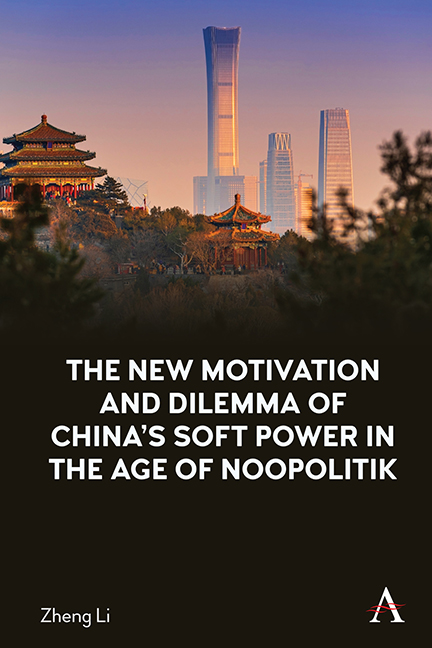Book contents
- Frontmatter
- Contents
- List of Figures and Tables
- List of Abbreviations and Acronyms
- 1 The Anti-Corruption Campaign and the Chinese Dream
- 2 Debating Governance and the Rule of Law: China’s Narrative and Images in Western Countries
- 3 Soft Power and Sharp Power in the Age of Noopolitik
- 4 Methodology
- 5 The Framing of Governance: the China Model and the Chinese Dream
- 6 When ‘House of Cards’ Meets ‘in the Name of People’: Framing China’s Anti-Corruption Campaign
- 7 Discussion and Conclusion
- Notes
- References
- Index
2 - Debating Governance and the Rule of Law: China’s Narrative and Images in Western Countries
Published online by Cambridge University Press: 06 October 2022
- Frontmatter
- Contents
- List of Figures and Tables
- List of Abbreviations and Acronyms
- 1 The Anti-Corruption Campaign and the Chinese Dream
- 2 Debating Governance and the Rule of Law: China’s Narrative and Images in Western Countries
- 3 Soft Power and Sharp Power in the Age of Noopolitik
- 4 Methodology
- 5 The Framing of Governance: the China Model and the Chinese Dream
- 6 When ‘House of Cards’ Meets ‘in the Name of People’: Framing China’s Anti-Corruption Campaign
- 7 Discussion and Conclusion
- Notes
- References
- Index
Summary
Introduction
This chapter serves to discuss the key concepts involved: the rule of law and good governance. It aims to review the two concepts and their relationships with soft power in the views of Western nations’ and China's academics. Besides this, this chapter reviews the literature on China's soft power, public diplomacy and international image in order to detect the gap that is existing. Finally, the propositions and research questions will be drawn from the extant literature.
Western Views About the Rule of Law and Good Governance
The rule of law has various definitions, but the concept is generally related to politics. Jürgen Habermas (1996, p.133) argues that the state has two capabilities: ‘the power to command’ and ‘the capacity to preserve itself from both external enemies and internal disorder’. Therefore, ‘who should rule’ and ‘how to rule’ are fundamental inquiries in political philosophy. Since the time of Machiavelli, state power has been separated from the context of sacred tradition, being comprised of wisdom and diligence and associated with rationality. Foucault (1991) argues that mercantilism introduces laws and regulations to sovereign entities. The law provides a rational tool for the ‘art of government’, leading to the theory of contract in political philosophy. Contract theory significantly contributes to the formation of public law. The civil agreement, in the form of law, is regarded as the basis of the state (Hobbes, 2006). The rule of law has become an important institution of modern states. In so-called free countries, the law ought to be paramount (Paine, 1986, p. 32). John Adams introduces the idea ‘government of laws and not of men’ into the constitution of Massachusetts, a phrase that has wide currency in America's polity (Brown, 2016).
The rule of law
There is a consensus that the rule of law ties in with liberal democracy. Democracy, as a political notion, posits the spirit that governments should be ‘of the people, by the people and for the people’ (Lincoln, 2009). The spirit behind this is the empowerment of ordinary people and the constraint of rulers. Being against the ‘rule of man’, the rule of law profoundly resonates with democratic values.
- Type
- Chapter
- Information
- The New Motivation and Dilemma of China's Internal Soft Power in the Age of Noopolitik , pp. 21 - 46Publisher: Anthem PressPrint publication year: 2022

